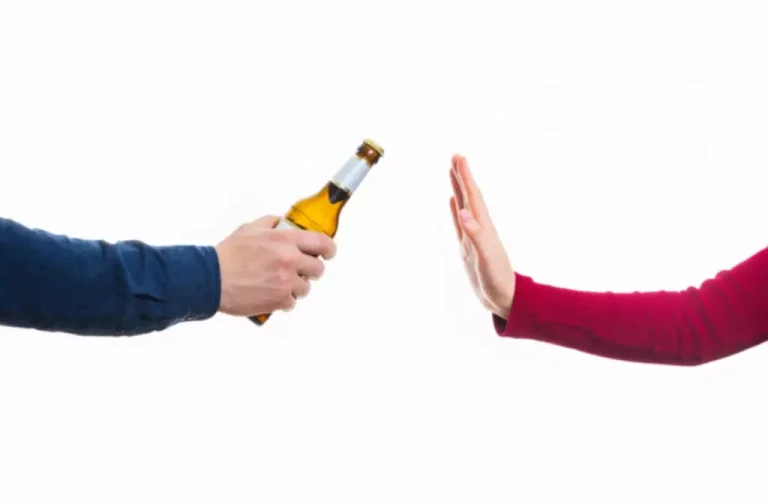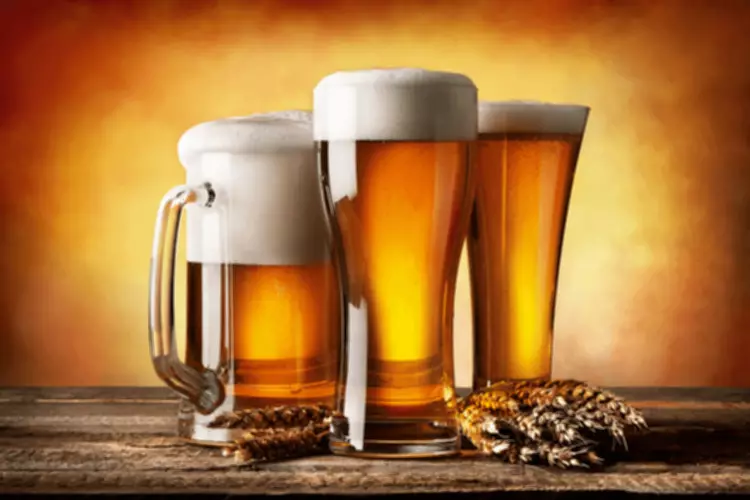Your cart is currently empty!
Blood Thinners and Alcohol: Interactions, Risks, and Side Effects

Most people do not need to change their rivaroxaban dose, but your dentist may contact your doctor for advice before starting the dental treatment. If you stop taking rivaroxaban, your blood will start clotting at the same rate as before you started taking it, usually within a day or two of stopping. They have often been prescribed for people with the heart condition atrial fibrillation, which causes the heart to beat faster and be more irregular than normal. This condition affects more than one million people in the UK around 7% of those over 65s. Before starting Eliquis treatment, be sure your doctor knows whether you’re using any testosterone products.
- Don’t take over-the-counter medicines, vitamins, or supplements unless you check with your doctor first.
- If you accidentally miss a dose of your blood thinner, ask your doctor what you should do.
- Clotting factors are made by the liver and help stop bleeding.
Interaction with nonsteroidal anti-inflammatory drugs
However, they are not regulated by the Food and Drug Administration (FDA), and the concentration of active compounds in supplements is not consistent. It’s not clear how other recreational drugs like cocaine and heroin affect rivaroxaban. It’s thought that cannabis can increase your risk of serious bleeding.
- The doctor needs to know about all your medicines, including medicines you used before you started taking a blood thinner.
- A common question many people ask is can Xarelto and alcohol be used together?
- The most common blood thinner that doctors prescribe is warfarin (Coumadin®, COU-mad-din).
Why is it a risk?
Some drugs should be avoided unless there is a clear reason for taking them like clopidogrel, ticagrelor, or prasugrel, which help reduce the risk of stroke. Other drugs, such as amiodarone, which controls heart rhythm, double in potency when the patient is also taking warafin. Let your doctor, nurse, or pharmacist know about any prescription or over-the counter drugs, vitamins, and herbal supplements you’re taking.
If you’re taking a blood thinner, is it still possible to get a blood clot?
Addiction Resource is an educational platform for sharing and disseminating information about addiction and substance abuse recovery centers. Addiction Resource is not a healthcare provider, nor does it claim to offer blood thinners and alcohol sound medical advice to anyone. Addiction Resource does not favor or support any specific recovery center, nor do we claim to ensure the quality, validity, or effectiveness of any particular treatment center.

- During the first few days of taking bisoprolol or after your dose increases, it’s best to stop drinking alcohol until you see how the medicine affects you.
- Mixing alcohol and Brilinta could lead to increased dizziness.
- In general, all anticoagulation medications work by either blocking or inactivating part of the system that forms blood clots.
- Anticoagulants, also described as blood thinners, are a group of drugs that reduce the ability of blood to clot.
- Blood thinners slow parts of this process, making blood clots form more slowly.
Before you take Eliquis, be sure to talk with your doctor about your health history. Eliquis may not be the right treatment option for you if you have certain medical conditions or other factors affecting your health. When you’re injured, blood cells called platelets rush to the injury site. Platelets also release proteins called clotting factors that form a plug to close the hole. Some people are born with a condition where their blood clots more easily than in other people.
This may lower your risk for the type of strokes caused by blockages in blood vessels. Some procedures can raise your risk of getting a blood clot where your new valve was placed. But Granger says the risk of falling is not high enough that patients should steer away from blood thinners, especially newer drugs.

Wear a medical-alert bracelet, available in some pharmacies and online, or carry a card in your wallet that states the name of your blood thinner, the Cleveland Clinic advises. “The main side effect of a blood thinner, not surprisingly, is bleeding,” says Christopher B. Granger, MD, a cardiologist at Duke Health in Durham, North Carolina. And while these drugs save lives, they can also cause side effects, from bruising to unwanted bleeding, notes the NBCA.

Eliquis interactions with other medications

Leave a Reply